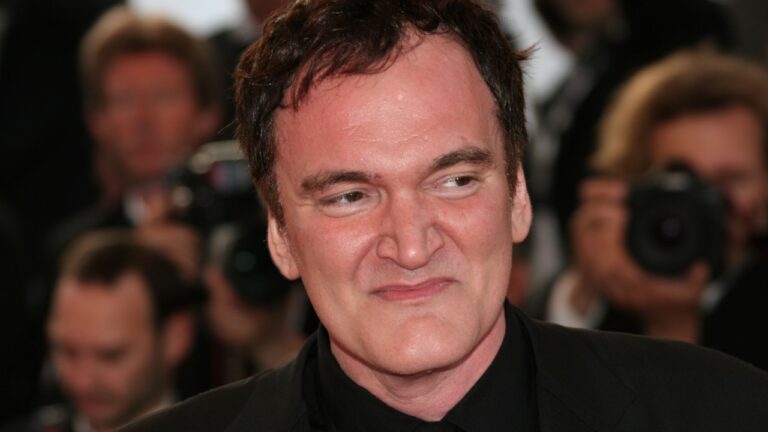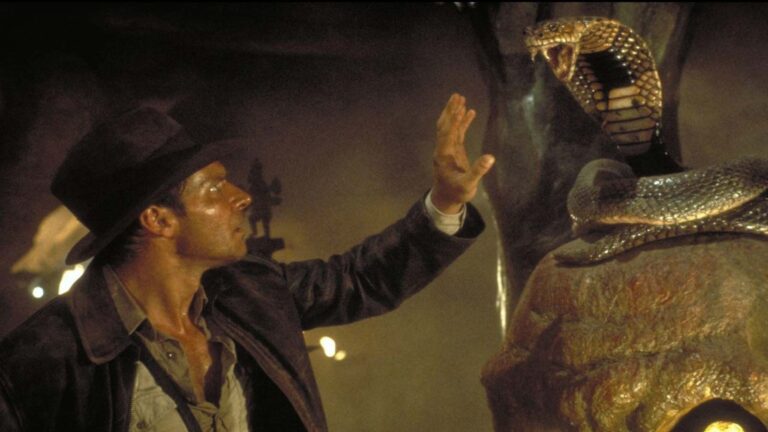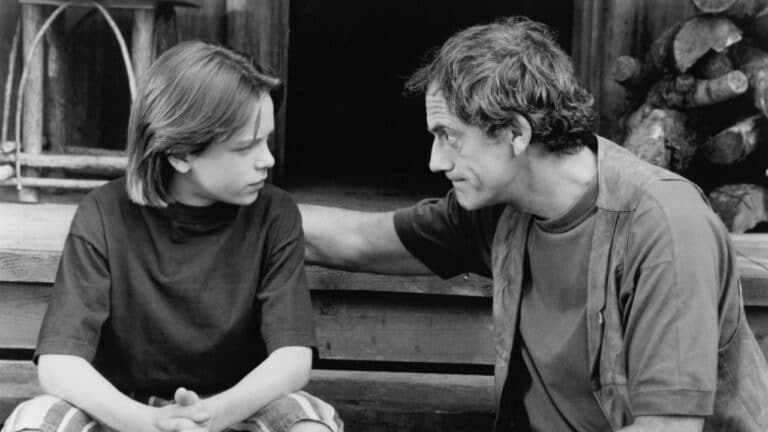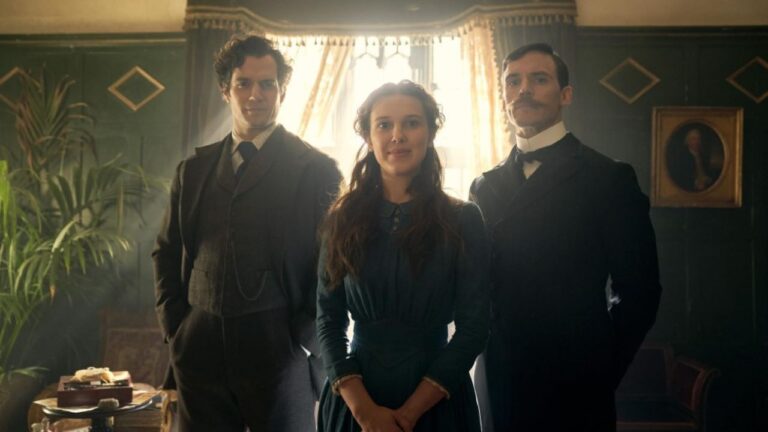The 10 Greatest Big 3s in NBA History
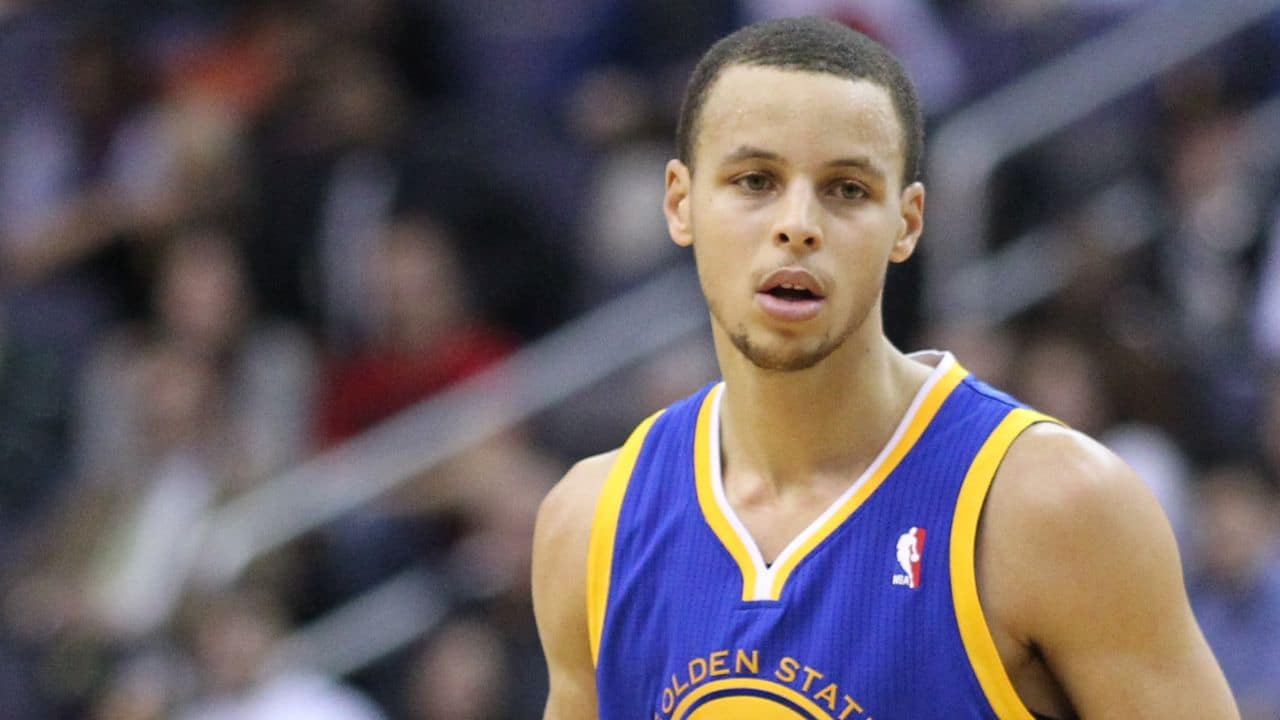
So often in sports lexicon, we confuse the two adjectives in our endless G.O.A.T. debates and miss the true understanding of what is greatest and what is best.
To put it simply, “best player” or “best team” is from a moment in time; “greatest player” or “greatest team” is from a series of moments that last more than a single season.
So with that in mind, we present the 10 Greatest–not Best–Big 3s in NBA history. (The per-game averages are from regular seasons & postseasons combined.)
1. Boston Celtics (1956-57 through 1962-63)

6 NBA championships; 379-151 (.715) regular season; 53-29 (.646) postseason
Bill Russell: 17.3 points; 23.6 rebounds; 3.6 assists; 101.8 Win Shares in 20,851 minutes.
Bob Cousy: 17.6 points; 4.4 rebounds; 8.0 assists; 55.7 Win Shares in 16,134 minutes.
Tom Heinsohn: 19.8 points; 9.6 rebounds; 1.9 assists; 58.3 Win Shares in 15,508 minutes.
Yes, we realize there is an overlap of a pair of Boston Big 3s at the top of our list that ends and starts with the 1963 NBA championship, but it is the only fair way to compare this Russell/Cousy/Heinsohn Hall-of-Fame trio versus the updated HOF model of Russell/Havlicek/Jones. Let’s face it, though. When you win 11 NBA championships in 13 seasons like Mr. Russell did a half-century ago, you’re bound to play with a Big 3 or two in your lifetime.
2. Boston Celtics (1962-63 through 1968-69)

6 NBA championships; 565-395 (.699) regular season; 63-35 (.643) postseason
Bill Russell: 13.7 points; 22.2 rebounds; 4.5 assists; 105.5 Win Shares in 28,023 minutes.
Sam Jones: 21.4 points; 3.9 rebounds; 2.4 assists; 72.7 Win Shares in 14,477 minutes.
John Havlicek: 19.7 points; 5.6 rebounds; 3.0 assists; 55.9 Win Shares in 16,180 minutes.
By the time super sixth man Havlicek joined the Celtics in 1962-63 — the season his aging teammate Bob Cousy retired — Russell had already become a perennial MVP and Jones an All-Star guard. Seven seasons and six championships later, this new Hall-of-Fame trio arguably goes down as the greatest Big 3 ever.
3. Los Angeles Lakers (1979-80 through 1988-1989)

5 NBA championships; 591-229 (.721) regular season; 111-48 (.698) postseason
Magic Johnson: 19.4 points; 7.5 rebounds; 11.4 assists; 19.2 GameScore; 147.4 Win Shares in 32,621 minutes.
Kareem Abdul-Jabbar: 20.8 points; 7.6 rebounds; 2.0 blocks; 15.1 GameScore; 115.1 Win Shares in 30,996 minutes.
Michael Cooper: 9.3 points; 3.3 rebounds; 4.4 assists; 7.8 GameScore; 61.3 Win Shares in 26,344 minutes.
James Worthy became the fourth wheel to the Lakers’ Hall-of-Fame vehicle in 1982-83, but Magic, Kareem and Coop were the original Big 3 who provided the showtime, skyhooks and defense for the entire championship ride.
4. San Antonio Spurs (2002-03 through 2015-16)

4 NBA championships; 810-322 (.716) regular season; 127-76 (.626) postseason
Tim Duncan: 18.0 points; 10.5 rebounds; 2.1 blocks; 15.7 GameScore; +7,228 plus-minus in 40,179 minutes.
Manu Ginobili: 14.2 points; 3.8 rebounds; 4.0 assists; 12.7 GameScore +6,095 in 29,997 minutes.
Tony Parker: 17.3 points; 2.9 rebounds; 5.9 assists; 11.3 GameScore; +5,845 in 39,516 minutes.
No Big 3 did it longer and stronger than the small-market San Antonio Spurs Hall-of-Fame trio of Duncan, Ginobili and Parker, whose team won an unprecedented 937 regular season and playoff games in 14 seasons together, along with four NBA championships, which has only been done by other small-market teams — bottom third of the league — four other times in 75 years (Note: Duncan and David Robinson’s Spurs won an additional title in 1999 — giving San Antonio five titles total — one won before Ginobili and Parker arrived).
5. Golden State Warriors (2012-13 through 2023-24)

4 NBA championships; 617-340 (.645) regular season; 108-51 (.679) postseason
Stephen Curry: 26.5 points; 4.9 rebounds; 6.5 assists; 20.5 GameScore; +6,941 plus-minus in 32,107 minutes.
Klay Thompson: 20.0 points; 3.2 rebounds; 2.3 assists; 12.9 GameScore; +4,665 in 30,063 minutes.
Draymond Green: 9.2 points; 7.3 rebounds; 5.7 assists; 10.3 GameScore; +5,304 in 28,740 minutes.
Yes, all-time great Kevin Durant made his guest-star appearances in Seasons 5, 6 and 7 of this 12-year streamer, but Steph, Klay and Dray had long been the headliners who built this remodeled San Francisco franchise — with big ups to fourth wheel Andre Iguodala for his part in the four championships as well.
6. Minneapolis Lakers (1949-50 through 1953-54)

4 NBA championships; 229-115 (.666) regular season; 40-17 (.702) postseason
George Mikan: 23.6 points; 14.1 rebounds*; 2.8 assists; 98.8 Win Shares in 1,049 minutes.
Vern Mikkelsen: 13.2 points; 9.6 rebounds*; 2.6 assists; 56.9 Win Shares in 642 minutes.
Jim Pollard: 13.4 points; 7.9 rebounds*; 3.5 assists; 30.0 Win Shares in 802 minutes.
–* rebounds not counted in 1949-50 season
Mikan, whose Chicago American Gears and Minneapolis Lakers squads won three consecutive NBL and BAA titles before the 1949-50 NBA merger, teamed with forwards Pollard in 1948-49 and Mikkelsen in 1949-50 to form the greatest frontline ever — with a fourth Hall of Famer, point guard Slater Martin, also joining the Lakers in NBA Year 1.
7. Chicago Bulls (1995-96 through 1997-98)

3 NBA championships; 203-43 (.825) regular season; 45-13 (.776) postseason
Michael Jordan: 29.9 points; 6.1 rebounds; 4.0 assists; 21.9 GameScore; +1,710 plus-minus in 11,797 minutes.
Scottie Pippen: 19.2 points; 6.5 rebounds; 5.6 assists; 15.8 GameScore +1,370 in 9905 minutes.
Dennis Rodman: 5.3 points; 14.4 rebounds; 2.6 assists; 8.3 GameScore; +1,045 in 8770 minutes.
An argument can be made that Jordan/Pippen/Rodman may be the best Big 3 ever assembled, with a 1996 peak performance that no team has matched before or since. But the Bulls trio was only together for three seasons before ownership broke them up, leaving us wondering whether they had a fourth or fifth championship in them.
8. Boston Celtics (1980-81 through 1985-86)

3 NBA championships; 373-119 (.758) regular season; 64-34 (.653) postseason
Larry Bird: 24.4 points; 10.6 rebounds; 6.2 assists; 99.2 Win Shares in 22,472 minutes.
Robert Parish: 18.1 points; 10.2 rebounds; 1.7 assists; 68.6 Win Shares in 19,005 minutes.
Kevin McHale: 16.2 points; 7.0 rebounds; 1.4 assists; 63.7 Win Shares in 17,020 minutes.
In any other decade, this Celtics Big 3 would have won more than three titles, but even when matched against the Showtime Lakers, Moses’ Sixers or the Bad Boy Pistons, Bird’s Celtics still carved out their own special niche in time while also fielding one of the two best frontlines ever (the ’50s Lakers had the other big Big 3).
9. Los Angeles Lakers (1996-97 through 2002-03)

3 NBA championships; 323-137 (.702) regular season; 61-30 (.670) postseason
Shaquille O’Neal: 28.3 points; 12.2 rebounds; 2.5 blocks; 22.7 GameScore; +3,454 plus-minus in 18,670 minutes.
Kobe Bryant: 23.8 points; 5.4 rebounds; 4.6 assists; 16.9 GameScore +2,277 in 19,193 minutes.
Robert Horry: 6.4 points; 5.6 rebounds; 2.3 assists; 6.7 GameScore; +1,977 in 13,385 minutes.
Again, like Jordan and Pippen with their Bulls’ following, the Lakers’ faithful is more likely to side with Shaq and Kobe as the most dominant duo of all-time, understanding their No. 9 slot in this all-time trios is probably well-deserved — with no disrespect to 3-and-D forward Horry who indeed amassed quite the ring collection at seven.
10. Chicago Bulls (1987-88 through 1992-93)

3 NBA championships; 337-155 (.685) regular season; 68-33 (.673) postseason
Michael Jordan: 32.9 points; 6.6 rebounds; 6.3 assists; 138.7 Win Shares in 23,177 minutes.
Scottie Pippen: 16.4 points; 6.7 rebounds; 5.2 assists; 55.2 Win Shares in 20,429 minutes.
Horace Grant: 12.1 points; 8.4 rebounds; 2.3 assists; 66.0 Win Shares in 19,347 minutes.
Bulls fans like to think they have the most dynamic duo in NBA history, but it also behooves them to know Chicago ranks twice on our top 10 list of all-time Big 3s. This second subset, which became three-time champs, consists of the young Bulls trio who learned how to win after taking their lumps from the Celtics and Pistons in the late ’80s.
